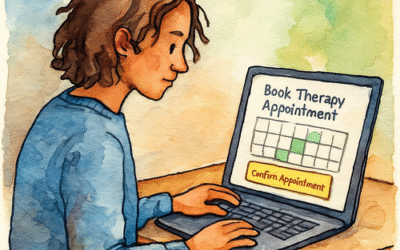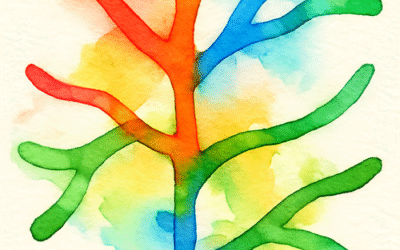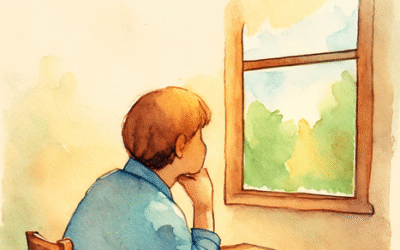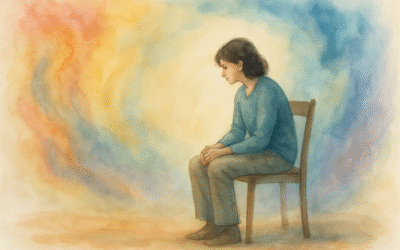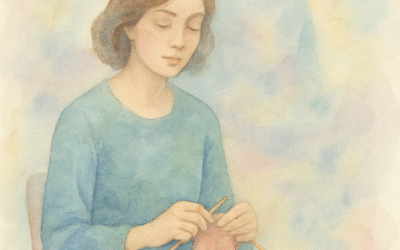For many neurodivergent people—particularly those with ADHD, autism, or social anxiety—the process of arranging therapy can be daunting. Traditional booking methods often involve making a phone call, navigating conversation scripts, and responding spontaneously under...
The Archive
How Online Booking Systems Can Improve Accessibility for Neurodivergent Clients
ADHD and Subscriptions – Why We Don’t Cancel and How to Take Control
I often find myself unintentionally collecting subscriptions — streaming platforms, productivity apps, fitness memberships, software trials, and more. I may start with enthusiasm but soon forget to cancel, even when no longer using them. This pattern can be...
Body Doubling for ADHD – Accountability and Focus Through Connection
For many people with ADHD, getting started can be the hardest part. Even when motivation is high, tasks can remain untouched, delayed by overwhelm, distraction, or inertia. One increasingly popular technique to break this cycle is body doubling: working alongside...
What Are the Advantages and Disadvantages of Self-Identifying as ADHD
Self-identifying as having Attention-Deficit/Hyperactivity Disorder (ADHD) means recognising in yourself a pattern of symptoms that seems to fit ADHD and using that label personally—often before (or instead of) a formal clinical diagnosis. In the UK, formal diagnosis...
Another Thought about Why We Put Things Off
Often when I really need to get something done I find that I don’t. Having spoken with many people, I find that there is a familiar set of circumstances: the creeping delay, the mental circling, the sudden urge to tidy the kitchen instead of starting the task that...
Staying Safe When Working Alone As A Psychotherapist
I was recently discussing with a colleague some new offices that they are considering. Part of the scenario was that they are hoping to offer late evening, face to face sessions. This got me thinking about the potential dangers of working alone. So I put together some...
Therapy for the Overwhelmed – How to Begin When Everything Feels Too Much
When life feels unmanageable, even the thought of starting therapy can seem overwhelming. It can feel like justonemorething on top of a heap of things that are not getting done. So is not unusual for people to delay seeking help because they feel stuck in a cycle of...
Is the Flow State a Form of Dissociation?
The flow state, described by Mihaly Csikszentmihalyi as “being completely involved in an activity for its own sake,” is often hailed as the pinnacle of human productivity and creativity. But from a psychotherapeutic perspective, it prompts a deeper question: is flow a...
Developments in Social GRRRAAACCEEESSS – Visible–Invisible and Voiced–Unvoiced A Balanced Review
John Burnham’s chapter Developments in Social GRRRAAACCEEESSS: visible–invisible and voiced–unvoiced extends the familiar Social GRACES mnemonic (originally with Alison Roper-Hall) and explores how aspects of identity/difference can be visible or invisible and voiced...
